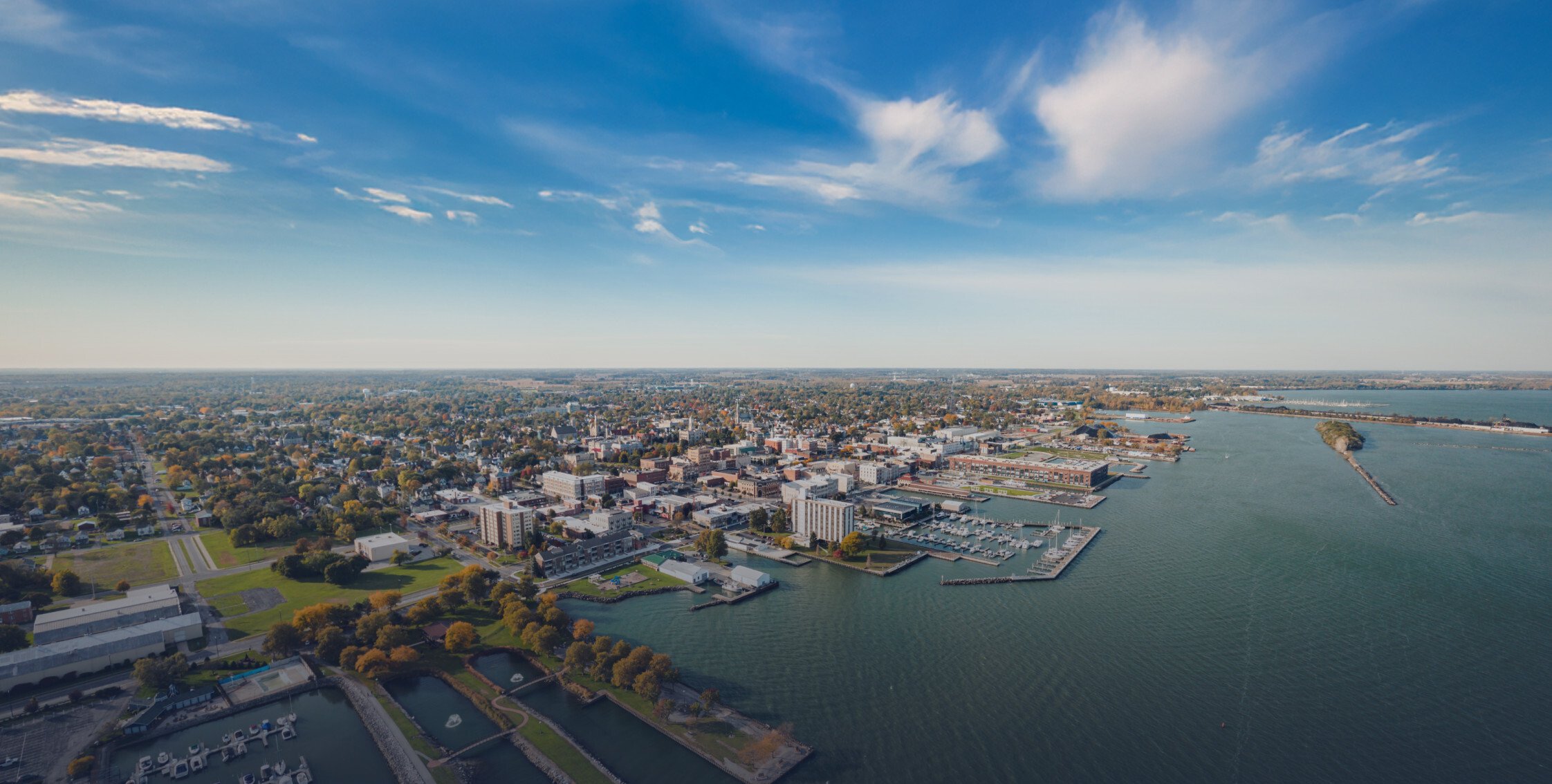.png)
Alabama's Fragmented Short-Term Rental Regulation: A Compliance Challenge for Local Governments
18 Sep, 2025
.png)
Alabama's short-term rental (STR) market is undergoing a significant transition, moving from largely unregulated growth to a complex patchwork of local ordinances. This shift comes as post-pandemic domestic tourism surges and travelers increasingly prefer private accommodations, fueling remarkable expansion in the STR sector across the state.
The most profound trend shaping this landscape is not market decline but normalization, with average daily rates remaining stable even as occupancy rates have softened slightly from their pandemic peaks. For local governments, this presents both fiscal opportunities and administrative challenges.
The Economic Engine Driving Revenue Growth
Data from a host compliance program implemented across 16 North Alabama counties revealed a striking 41% growth in STRs in areas where traditional hotel development had essentially stalled since 2002. This finding demonstrates that STRs aren't merely supplemental lodging options but primary drivers filling critical gaps in tourism infrastructure.
"What we're seeing in Alabama is a classic example of market evolution outpacing regulatory frameworks," explains Stacey Kurtz, Sales Director at Deckard Technologies. "Many jurisdictions are only now realizing the substantial tax revenue they've been missing. When properly monitored and managed, STR compliance can transform local budgets."
The financial impact is substantial. The Alabama Mountain Lakes Tourist Association implemented a host compliance program that yielded an immediate 21% increase in tax revenues billed through their compliance system within just two months. This rapid financial return underscores the untapped revenue potential available to local governments willing to invest in effective compliance solutions.
Navigating the Regulatory Patchwork
Unlike states with comprehensive frameworks, Alabama lacks statewide STR regulation beyond general business and tax requirements. This regulatory vacuum has forced local jurisdictions to develop their own approaches, resulting in a confusing non-uniform patchwork of laws that varies dramatically from one city to the next.
"The complexity of Alabama's regulatory environment creates significant challenges for both municipalities and operators," notes Kurtz. "We've found that when local governments have access to accurate, real-time data on STR operations, they can make more informed decisions about permitting and tax collection while helping responsible hosts remain compliant.
The regulatory landscape across Alabama shows striking variations:
- Coastal Tourist Hubs like Gulf Shores and Orange Beach have the state's most comprehensive regulations, requiring specific business licenses and safety inspections. Gulf Shores mandates safety inspections every three years and minimum $1 million liability insurance policies.
- University and Event-Driven Markets including Auburn and Tuscaloosa have regulations designed to address issues around major events like college football games. Athens recently banned single-bedroom rentals, requiring STRs to be entire homes or apartments.
- Urban Centers such as Birmingham, Huntsville, and Mobile take more reactive, complaint-driven approaches. Birmingham employs a "3-strike rule" for properties receiving substantiated complaints, which can lead to permit revocation.
- Emerging Markets like Hoover and Madison represent the next regulatory frontier as STRs expand beyond traditional tourist destinations. Hoover requires permits for any rental under 30 days, while Madison is currently considering new zoning and licensing laws.
Market Performance Across Alabama's Cities
Performance metrics across Alabama's STR markets show significant variations in profitability and potential. For example, coastal markets command higher average daily rates (ADRs) and annual revenues, while urban and university markets offer strong growth potential and stability.
City-specific data reveals these variations:
- Mobile shows a remarkable 20% year-over-year growth with 499 active listings and a median annual revenue of $17,593.
- Gulf Shores reports 4,688 active listings with an ADR of $345.64 and estimated annual revenue of $35,808.
- Birmingham demonstrates healthy 6.4% year-over-year growth and a median annual revenue of $20,243.
"These performance differences highlight why a one-size-fits-all approach to compliance simply doesn't work in Alabama," Kurtz observes. "Each market requires tailored solutions that account for local regulations, tourism patterns, and economic conditions."
The Sociopolitical Context
The STR debate in Alabama centers on the tension between economic opportunity and community well-being. Research from the University of Alabama Law School concludes that STR proliferation contributes directly to housing unaffordability, reducing affordable housing options and increasing average asking rents.
The Alabama Hotel & Lodging Association maintains that they aren't opposed to STRs but insist that such properties should "abide by the same laws as hotels," including requirements for business registration, tax collection, and compliance with health and safety regulations.
"Finding the balance between supporting tourism growth and protecting community interests requires accurate data and effective compliance tools," says Kurtz. "When local governments can easily identify all operating STRs and monitor their compliance, they can make policy decisions based on facts rather than assumptions."
Final Reflections
For Alabama's local governments, the path forward requires a strategic, city-by-city approach that recognizes the unique regulatory and social fabric of each market. The complexity of Alabama's STR environment demands solutions that provide clarity and automation in an otherwise unpredictable landscape.
As communities across the state continue developing and refining their approaches to STR regulation, those equipped with accurate data and efficient compliance tools will be best positioned to harness the economic benefits while mitigating potential community impacts. The STR market's continued growth and evolution in Alabama make this not just a regulatory consideration but an essential component of municipal fiscal planning and community development.

%20(1).png?width=85&height=64&name=deckard-logo-only-white-ai%20(1)%20(1).png)

 LinkedIn
LinkedIn
 Facebook
Facebook
 X
X


